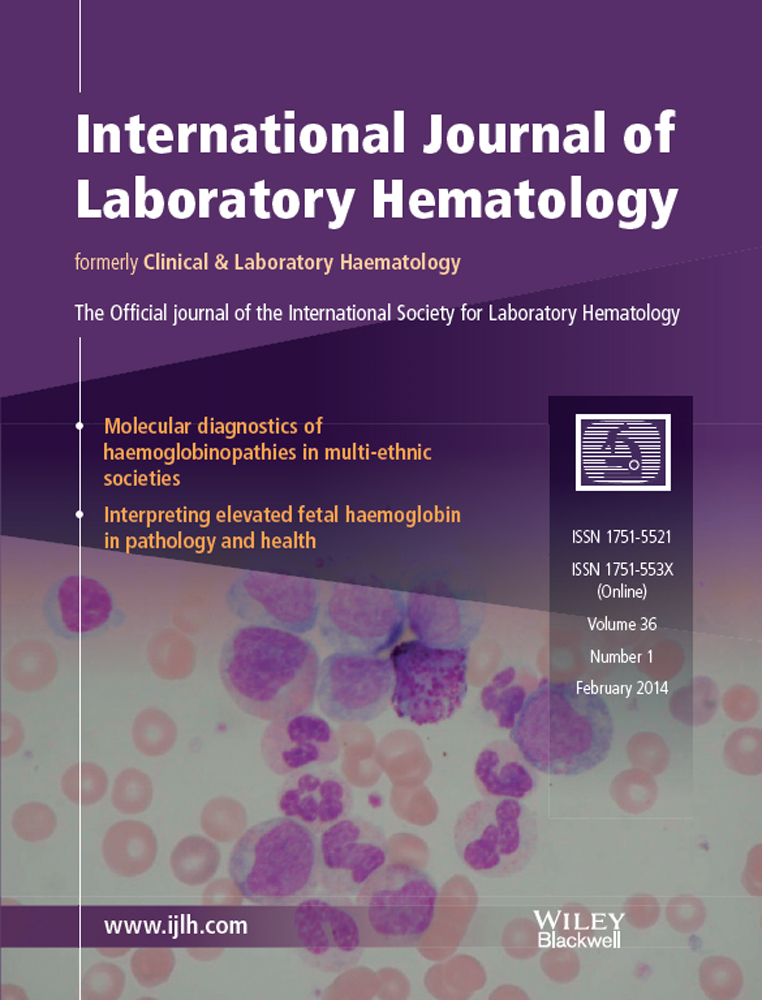An investigation of the protective effect of alpha+-thalassaemia against severe Plasmodium falciparum amongst children in Kumasi, Ghana
Summary
Introduction
Several factors influence the severity of Plasmodium falciparum; here, we investigate the impact of alpha+-thalassaemia genotype on P. falciparum parasitemia and prevalence of severe anaemia amongst microcytic children from Kumasi, Ghana.
Methods
Seven hundred and thirty-two children (≤10 years) with P. falciparum were categorised into normocytic and microcytic (mean cell volume ≤76 fL). Microcytic individuals were genotyped for the −α3.7deletional thalassaemia mutation and parasite densities determined.
Results
Amongst microcytic patients both parasite densities and prevalence of severe malaria parasitemia (≥100 000/μL) were significantly lower (P < 0.001) in the presence of an alpha+-thalassaemia genotype compared with non-alpha+-thalassaemia genotype. There was no evidence that alpha+-thalassaemia protected against severe anaemia. The protection conferred by alpha-thalassaemia genotype against severe P. falciparum parasitemia did not change with increasing age.
Conclusion
The severity of P. falciparum parasitemia was significantly lower in both the homozygous and heterozygous alpha+-thalassaemia groups compared with microcytic individuals with non-alpha+-thalassaemia genotype. The protective effect, from severe malaria, of the alpha+-thalassaemia allele does not alter with age.




